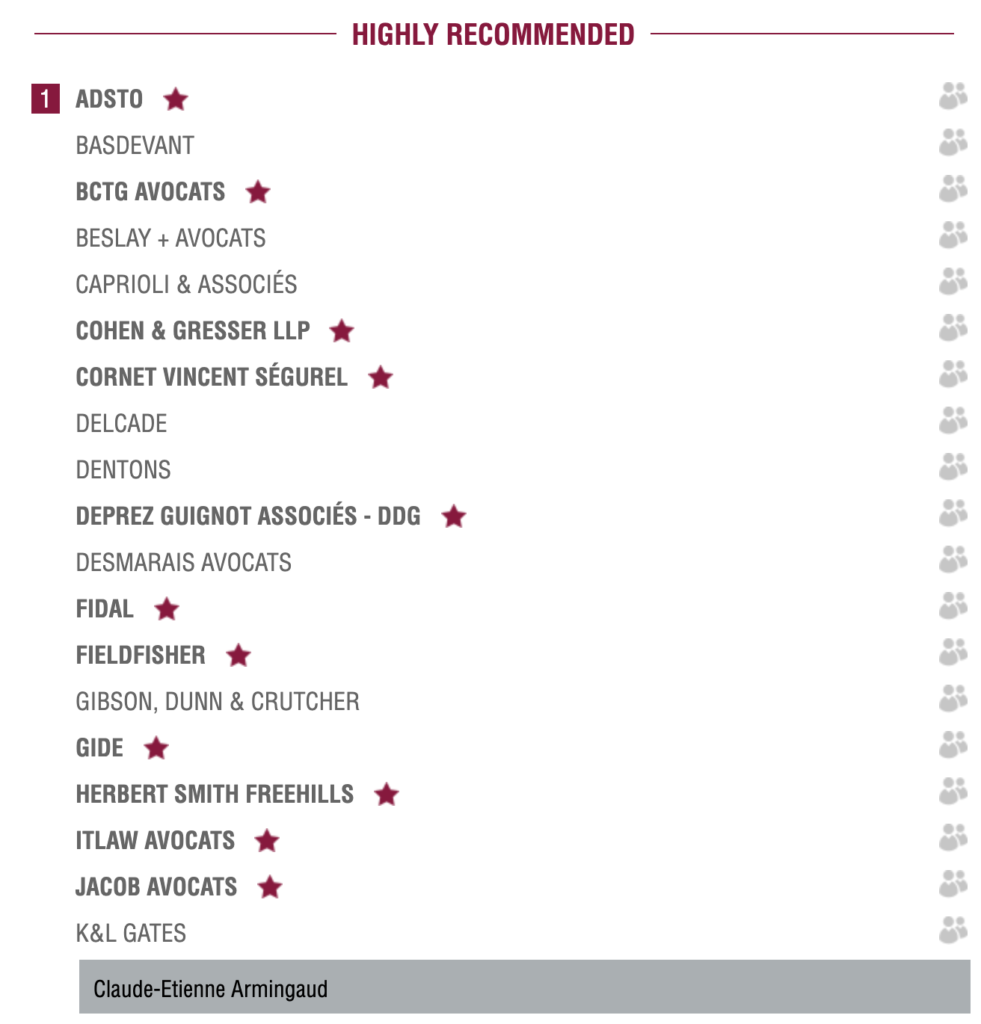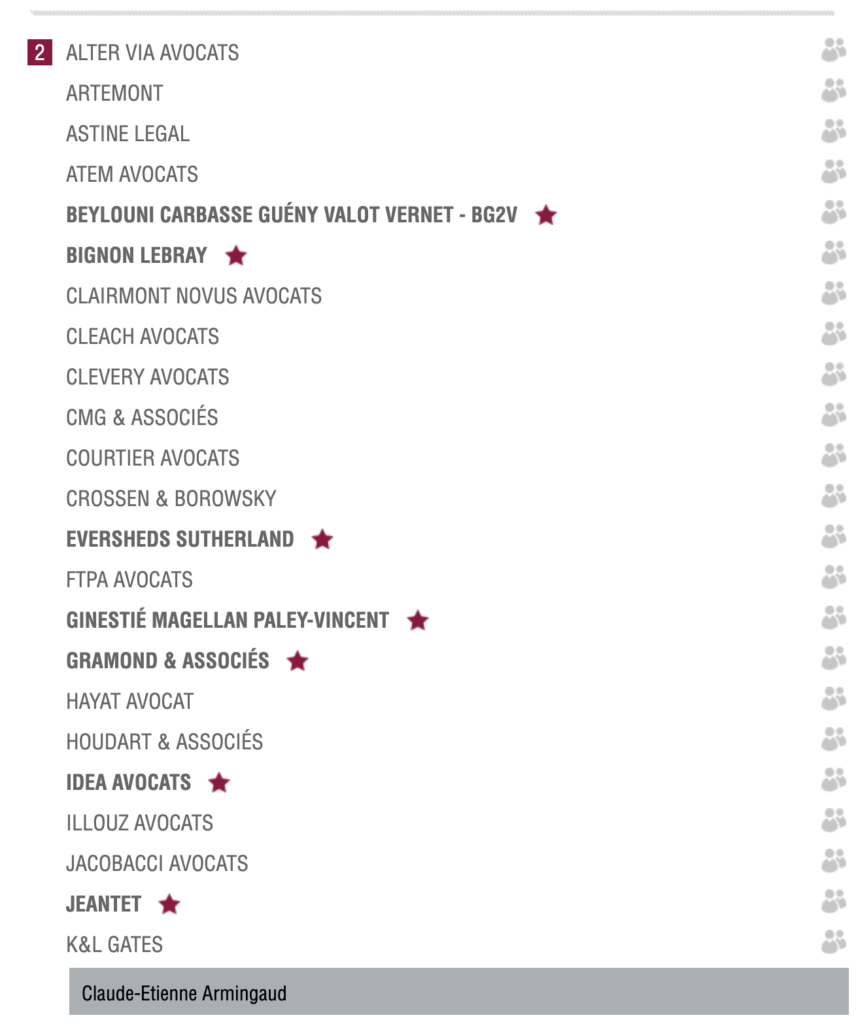Further to the adoption of Act no.2016-1691, dated 9 December 2016, on Transparency, Anti-Corruption and Modernization of Economic Life (“Sapin II” – see our compliance coverage here) and the public consultation whose results were made public on 30 August 2017 (see our coverage here), the French Ministry of Finance published a draft document aiming at adapting the French legal framework to the use of blockchain technology.
The proposed draft (which may be accessed here in French) address the possibility, for company, to register in a “shared electronic registry”:
- Negotiable debt securities;
- Units or shares of undertakings for collective investment;
- Capital securities issued by corporations and debt securities other than negotiable debt securities, provided that they are not traded on a trading platform
The conditions under which such registration would possible expressly exclude any item admitted to the operations of a central depository or delivered in a system for the payment and delivery of financial instruments. In addition, the bylaws of the issuer must expressly provide for the possibility to use such shared electronic registries.
In any case, the French regulatory framework would subject to French law whenever the issuer is headquartered in France or the issuance itself is already governed by French law.
Additional technical measures will subsequently be devised by a supplementing Decree, in order to provide the required safeguards.
While assessing the relevancy of a blockchain framework for corporate titles remains difficult in the absence of such technical details, all players are welcome to provide the Ministry with observations on the proposed framework until 9 October 2017.
First published on the K&L Gates Fintech Law Blog with Emilie Oberlis.








